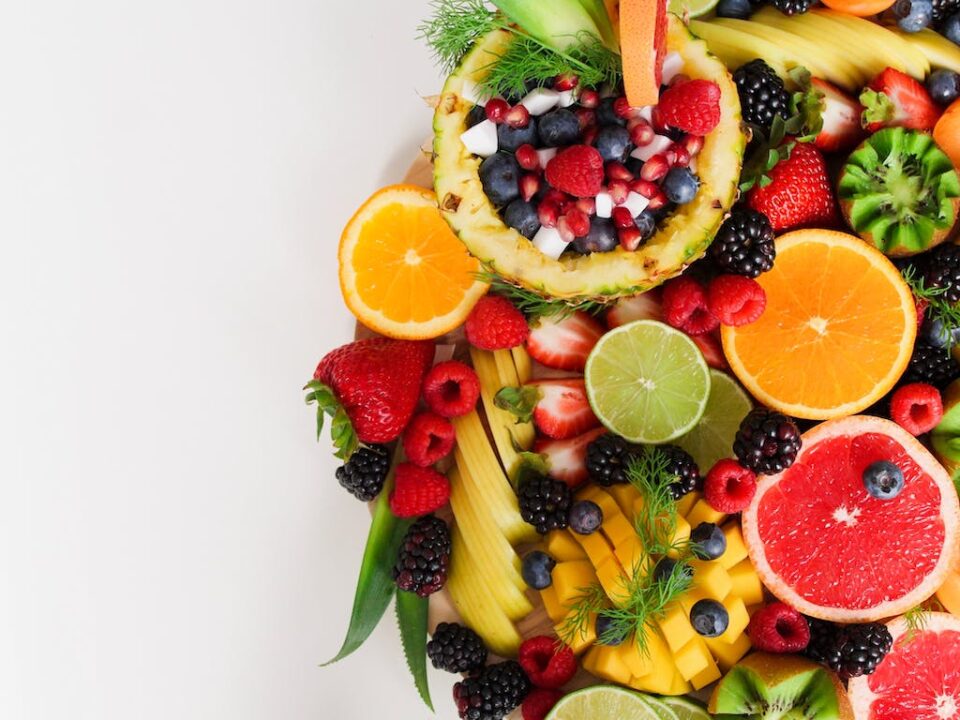Individuals with kidney disease must make important dietary changes to protect the kidneys and manage the condition effectively. They should avoid certain foods that can harm kidney function to prevent further damage. This article will discuss seven foods individuals with kidney disease should avoid to maintain optimal kidney health.
High Sodium Foods
Foods high in sodium, like canned soups, processed meats, and fast food, can harm kidney function. High sodium intake leads to fluid retention and elevated blood pressure, which stresses the kidneys. Limiting the consumption of these foods may help manage blood pressure and reduce strain on the kidneys.
Canned and Pickled Foods
Canned and pickled foods are often high in sodium and preservatives, making them unsuitable for individuals with kidney disease. These foods can contribute to fluid retention and negatively impact kidney function. Opting for fresh or frozen alternatives can be a healthier choice to reduce sodium intake.
High Potassium Foods
Foods rich in potassium, like bananas, oranges, tomatoes, and avocados, should be limited to individuals with kidney disease. High potassium levels can disrupt the balance of electrolytes in the body, causing complications for those with compromised kidney function. Moderating the intake of these foods can help maintain optimal potassium levels.
Foods High in Phosphorus
Phosphorus is a mineral found in many foods. However, individuals with kidney disease may have trouble eliminating excess phosphorus, leading to complications. Foods high in phosphorus include dairy products, nuts, seeds, and carbonated drinks. Restricting the consumption of these foods can help manage phosphorus levels and support kidney health.
Foods High in Protein
While protein is an essential nutrient, individuals with kidney disease might need to limit their protein consumption. Excessive protein consumption can also lead to the buildup of waste products. Reducing the consumption of red meat, poultry, and processed meats can help ease the kidney burden.
Artificially Sweetened Beverages
Artificially sweetened beverages, such as diet soda, can be harmful to kidney health. These beverages often contain high levels of sodium and phosphorus additives, which can be problematic for individuals with kidney disease. Water or unsweetened beverages can be a better choice to support kidney function.
Alcohol
Alcohol consumption must be limited or avoided entirely for individuals with kidney disease. Alcohol can cause dehydration, elevate blood pressure, and strain the kidneys. Additionally, alcohol could interact with certain medications prescribed for kidney disease, leading to further complications. It is important to consult with a healthcare professional for specific guidance on alcohol consumption.
Avoiding these seven foods can help individuals with kidney disease manage their condition and maintain optimal kidney health. Work with a professional or a dietitian to create a personalized dietary plan that suits individual needs.

